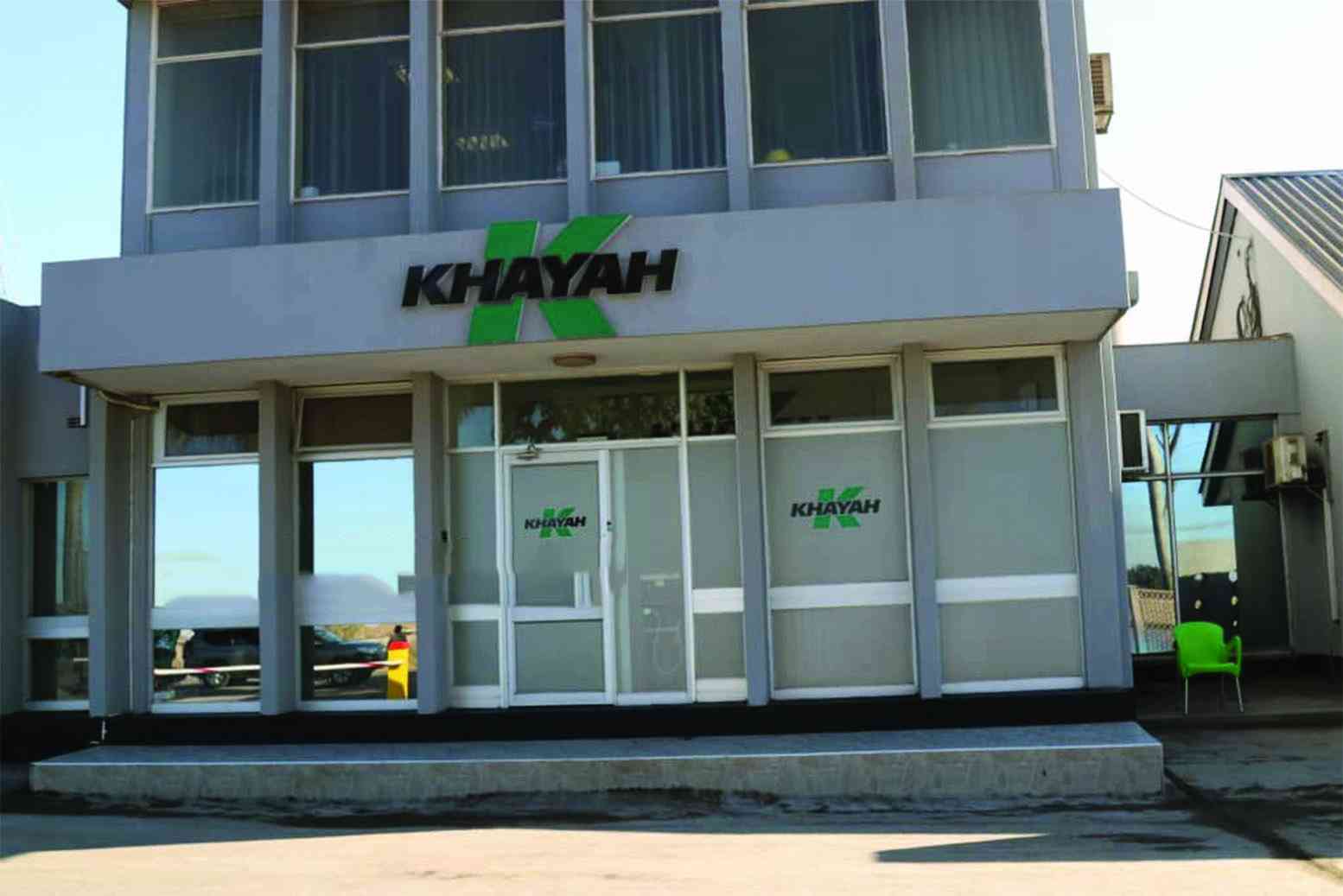ZIMBABWE’S second biggest cement producer, Khayah Cement Limited, implemented shock job cuts this week, only over a year after a takeover deal that resulted in a name change from Lafarge.

ZIMBABWE’S second biggest cement producer, Khayah Cement Limited, implemented shock job cuts this week, only over a year after a takeover deal that resulted in a name change from Lafarge.
Under the deal, local shareholders took over the business, which was previously controlled by Lafarge Holcim, headquartered in France.
Officials at the firm did not respond to the Zimbabwe Independent’s questions yesterday.
However, sources close to the developments said between 65 and 89 workers were asked to leave on Monday.
The job layoffs cut across all sections of the business, according to the sources.
Khayah is one of Zimbabwe’s biggest employers, with a resilient operation that has transcended decades.
But across markets, the operating environment has deteriorated, with companies enduring in a tough foreign currency crisis, which entered its 24th straight year this January.
Power shortages and high costs have complicated industries’ problems.
Many companies say they are effecting wide-ranging cost-cutting measures to ride out the storms.
A confidential document gleaned by the Independent said the company had resolved to retrench workers for ‘ordinary business reasons’.
“In terms of Section 12 of the Labour Act, parties may mutually terminate their relationship in writing,” a letter written by the firm’s representative, Rejoice Gono to one of the affected workers said.
“The parties wish to mutually terminate the employment contract in terms of Section 12 of the Labour Act.
“Now, therefore, in consideration of the mutual covenant terms and conditions set forth hereby agree as follows. The parties agree that the employment relationship shall cease for ordinary business reasons.
“Notwithstanding the date of signing of this agreement, the effective date of termination of the employment contract is 25 March,” Gono stated.
According to the internal document, the firm committed to paying the settlement sum as stipulated by the parties.
But other communication seen by this newspaper showed there were already concerns over the terms of the deal from affected staff members.
It was not clear if they were going to appeal, or take the deal on the table.
There have also been reports of job cuts in several sectors, including the mining industry.
Cement producers’ predicament has been compounded by the flood of cheap products from regional competitors, mostly into the black market.
The sector has requested government to protect three players currently producing cement in the country, but the problems have continued.
In addition, demand has been depressed in Zimbabwe due to the prolonged economic crisis highlighted by high inflation.
Kumbirai Katsande, chairperson at the firm referred questions to Innocent Chikwata, the chief executive officer.
Chikwata had not responded to the questions by last night.
Zimbabwe’s labour market has had a difficult start to the year.
In the past few weeks, two of the country’s major platinum producers have also announced job cuts after reeling under severe headwinds underpinned by plummeting prices.
Mimosa Mining Company said recently it would be retrenching managerial and supervisory staff to help it pull through the headwinds.
“Metal prices have been on a downward trend since April 2023 and remain depressed to date,” the firm said in a statement.
“The metal prices have decreased by up to 35% during this period and this has had a negative impact on cash flow and profitability.
“The outlook is that the prices will remain depressed in the medium term. In view of this, we have had to implement several measures to ensure that our business remains viable in the low-price metal environment.
“These measures include capital expenditure curtailment, cost reduction and cash conservation initiatives. It has also been necessary to review our staffing structures to optimise these considering the prevailing environment.
“This has resulted in a staff rationalisation exercise which has affected thirty-three managerial and supervisory employees,” it further stated.
Zimplats also initiated a voluntary layoff exercise to contain costs.
“In response to the sharp decline in PGM pricing, Zimplats is implementing stringent cost preservation to: protect the business from the enormous pressure on profitability and cash flow on our operations; safeguard the business and to preserve, as much as possible, the jobs of more than 8 000 people employed by the company (both permanent and contract),” Zimplats head of corporate affairs Busi Chindove said in a statement.
“We also seek to minimise the impact of spending cuts on our growth strategy, which includes a US$1,8 billion expansion programme. The programme comprises several projects at various stages of execution.”
Commenting on the crisis crippling the platinum sector, Chamber of Mines of Zimbabwe chief executive officer Isaac Kwesu warned that the industry could be hit by massive mine closures if authorities do not swiftly intervene.

© Voice Of Zimbabwe Privacy Policy Contact us